 One question everyone always wants to know is how much does ethanol cost? While some people in the industry can provide lengthy explanations about spot market prices and long term contracts and so forth, the short answer is – it varies from day to day and location to location. Unlike the oil industry, which is largely controlled by OPEC, there is not a cut and dried daily price for ethanol.
One question everyone always wants to know is how much does ethanol cost? While some people in the industry can provide lengthy explanations about spot market prices and long term contracts and so forth, the short answer is – it varies from day to day and location to location. Unlike the oil industry, which is largely controlled by OPEC, there is not a cut and dried daily price for ethanol.
That being said, it is interesting to take a look at where prices might be in down the road – which is what the futures market is for. When the Agriculture Department released its report last week on the cost of making ethanol from sugar, USDA chief economist Keith Collins covered that issue as it related to the economic feasibility of sugar-based fuel.
Collins pointed out that in May of 2006, “ethanol sold at a 94 cent premium to gasoline” averaging $3.00 a gallon. “That is an aberration, that is a wide spread and it reflects this transition we’ve been going through as we shift from MTBE as an oxygenate to ethanol, and ethanol has been selling at a premium.”
However, Collins says the futures market believes both ethanol and gas prices will go down within the next six months. “If you go out to January 2007 delivery, gasoline falls to $1.94 (on NYMEX) and ethanol (on CBOT) falls to $2.50, the spread between the two is only 56 cents.” (Collins was quoting futures prices the week ending July 7)
Some media reports have taken that to mean that the ethanol gold rush will come to an end in six months and investors will begin selling out. What it really means is that ethanol prices will come back to more normal levels as production begins to catch up with demand. And, of course, the futures prices do not reflect the energy tax credits and incentives for ethanol at federal and some state levels.
Incidentally, the full USDA report on Ethanol Production from Sugar is now available in PDF form on the USDA website.
 Ethanol-fueled airplanes are on the program for an air show at the Sioux Falls Regional Airport this weekend.
Ethanol-fueled airplanes are on the program for an air show at the Sioux Falls Regional Airport this weekend.  Thompson Interview (1 min MP3)
Thompson Interview (1 min MP3)

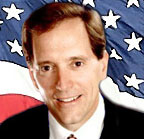 Congressman Dave Camp (R-MI) hosted a promotion of E-85-fueled passenger cars and trucks Monday at the Dixie Motor Speedway. According to a story in the
Congressman Dave Camp (R-MI) hosted a promotion of E-85-fueled passenger cars and trucks Monday at the Dixie Motor Speedway. According to a story in the 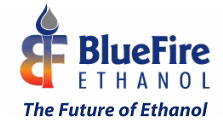 The logo is very cool and the company is “established to deploy the commercially ready, patented, and proven Arkenol Technology Process for the profitable conversion of cellulosic (“Green Waste”) waste materials to ethanol,” according to the
The logo is very cool and the company is “established to deploy the commercially ready, patented, and proven Arkenol Technology Process for the profitable conversion of cellulosic (“Green Waste”) waste materials to ethanol,” according to the 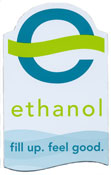 The latest “Fill Up, Feel Good” podcast from the
The latest “Fill Up, Feel Good” podcast from the  Kansas and Missouri may be rivals when it comes to college football and basketball, but they are on the same team when it comes to ethanol. That’s why governors of both states will share the stage at the
Kansas and Missouri may be rivals when it comes to college football and basketball, but they are on the same team when it comes to ethanol. That’s why governors of both states will share the stage at the  The
The  One question everyone always wants to know is how much does ethanol cost? While some people in the industry can provide lengthy explanations about spot market prices and long term contracts and so forth, the short answer is – it varies from day to day and location to location. Unlike the oil industry, which is largely controlled by OPEC, there is not a cut and dried daily price for ethanol.
One question everyone always wants to know is how much does ethanol cost? While some people in the industry can provide lengthy explanations about spot market prices and long term contracts and so forth, the short answer is – it varies from day to day and location to location. Unlike the oil industry, which is largely controlled by OPEC, there is not a cut and dried daily price for ethanol. 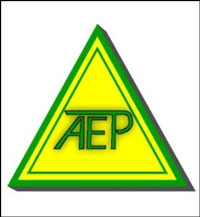 Ethanol might soon become more available on the east coast.
Ethanol might soon become more available on the east coast. 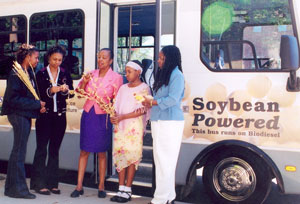 The
The